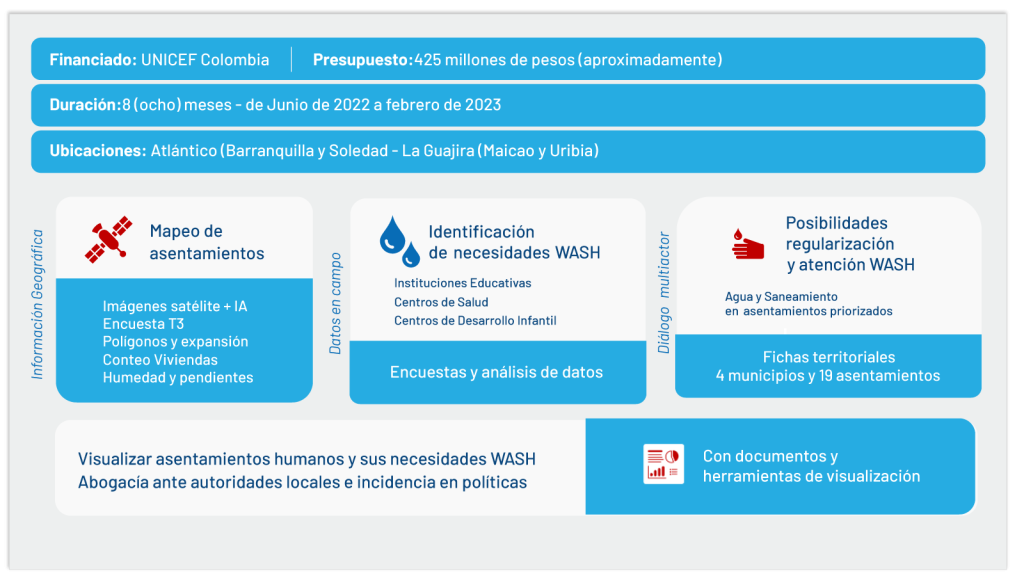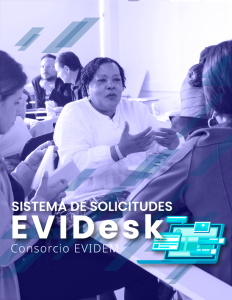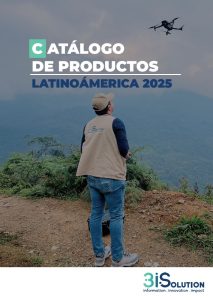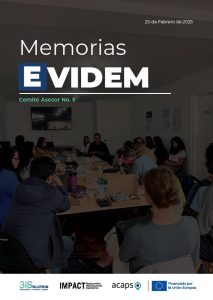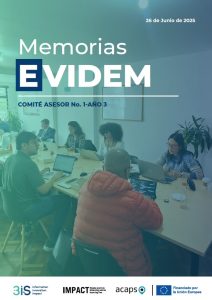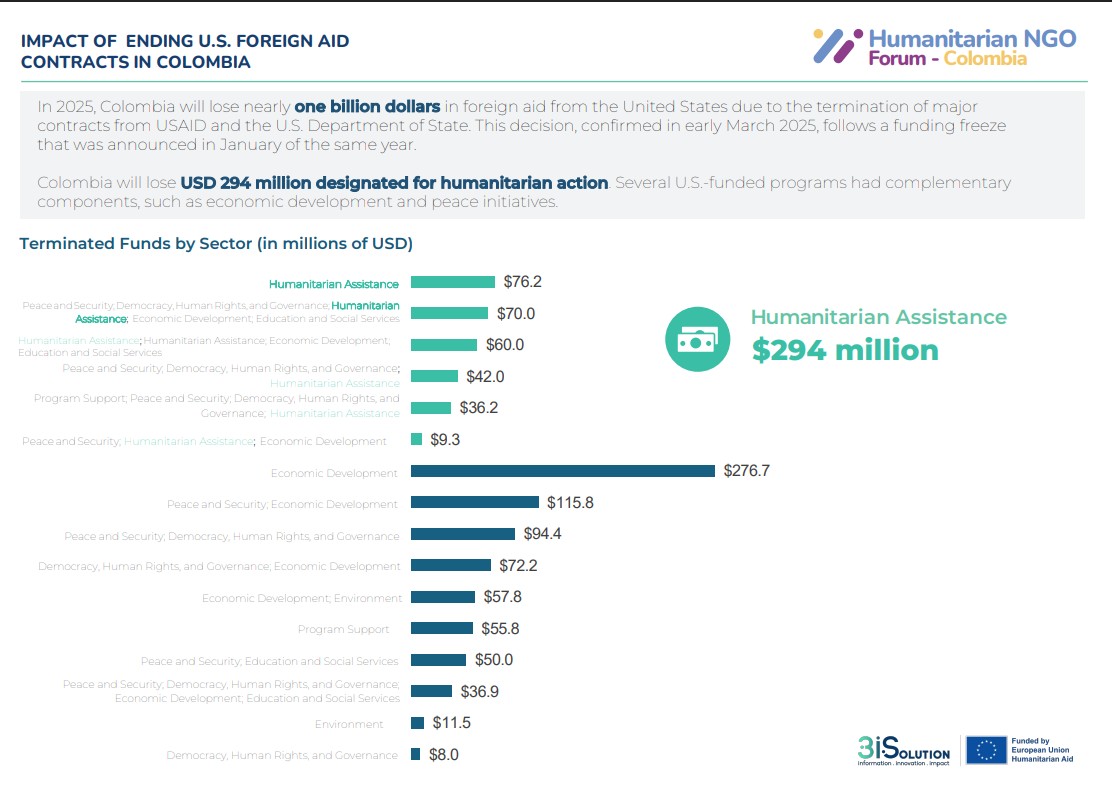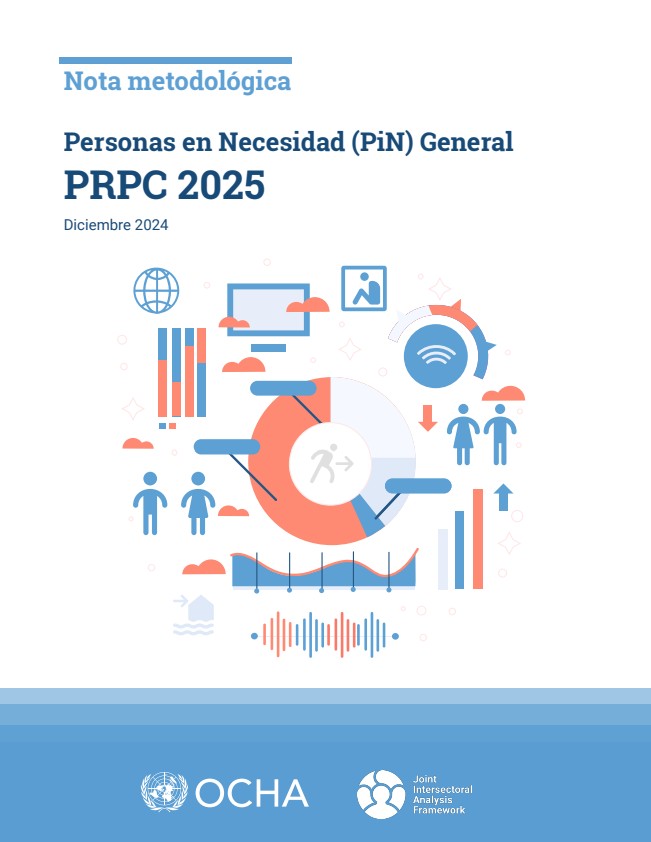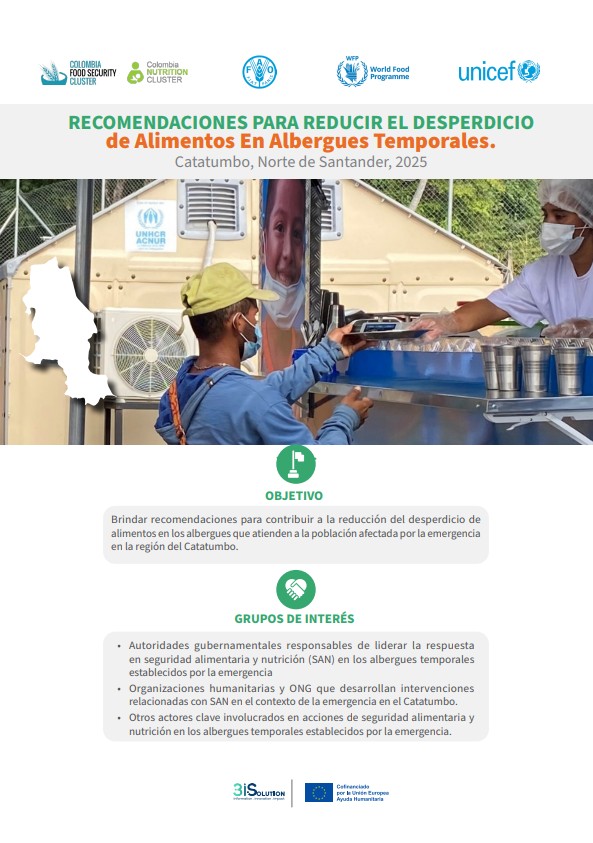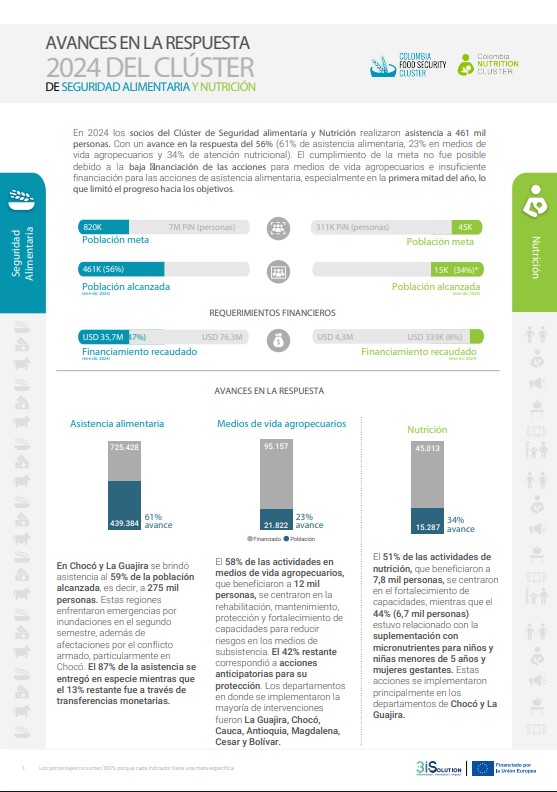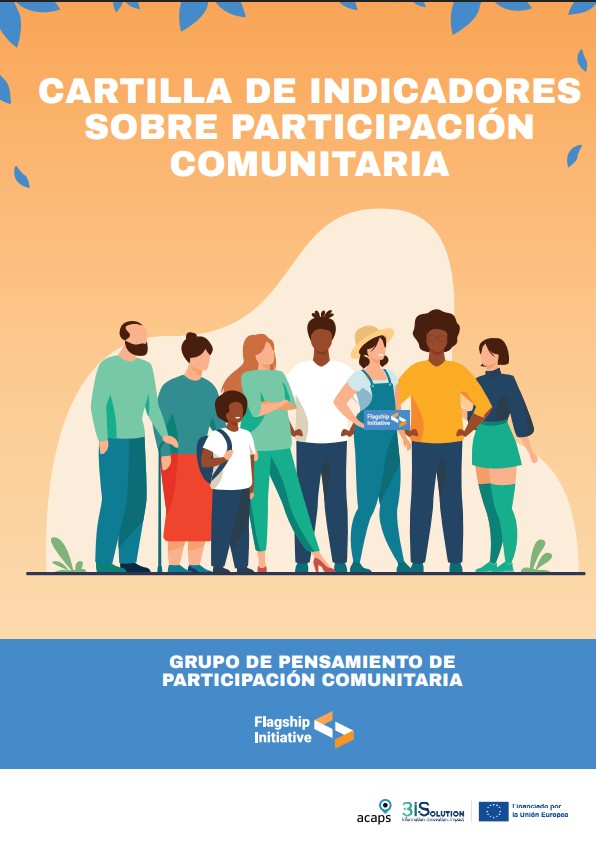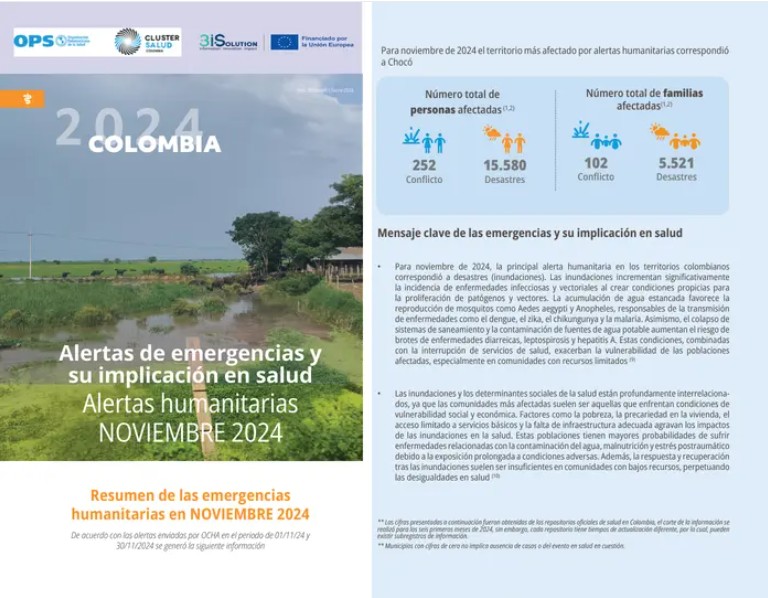Colombia
Country context
Colombia
Ongoing Projects
Evidence-based decision-making (EVIDEM) Consortium in Colombia
3iS aims to improve decision making in various humanitarian sectors through information management products and services, coordination, methodologies, assessment tools and emergency response monitoring. Strengthening humanitarian response in Colombia through improved decision making facilitated by information management, from data collection to analysis. The project will strengthen community engagement and accountability in conflict and disaster-affected areas through information management and training processes, focusing on social mapping workshops and capacity building activities for humanitarian actors.
EVIDesk
EVIDesk is a platform designed to efficiently manage service and product requests submitted by humanitarian actors who are part of the Humanitarian Country Team in Colombia.
The system enables real-time tracking of each request through a unique ticket number, ensuring traceability, transparency, and timely responses.
It also supports the evaluation of service use and relevance, contributing to more informed and coordinated decision-making.
3iS provides a catalog of information management products and services designed to serve as a guide for strategic partners. This catalog integrates digital solutions and specialized training processes and has been designed to strengthen data management and facilitate informed, evidence-based decision-making.
3iS provides a catalog of information management products and services designed to serve as a guide for strategic partners. This catalog integrates digital solutions and specialized training processes and has been designed to strengthen data management and facilitate informed, evidence-based decision-making.
Description
In June 2025, out of nearly 3,000 applicants, 3iS was one of 20 social impact organizations selected to receive funding, technical training, and dedicated expertise from Google experts as part of the Google.org Accelerator: Generative AI. Learn more about the program here: https://blog.google/outreach-initiatives/google-org/generative-ai-accelerator-cohort-2025/
3iS’ Agentic Risk & Environmental Management System (AREMS) is an intelligent multi-agent AI system backed by Google Cloud Platformed designed around community engagement. AREMS will allow for enhanced data-driven decision-making for humanitarian organizations and local authorities, alongside increased community resilience and ownership stemming from the co-creation of risk knowledge and chatbot-facilitated capacity building.
Past Performance
UNICEF EMERGENCIES
Objetive
Strengthening UNICEF’s technical and human capacities in the formulation, development, and use of information products for timely and accurate decision-making.
STRENGTHENING INFORMATION MANAGEMENT AND HANDLING IN THE HUMANITARIAN CONTEXT
CONTEXT
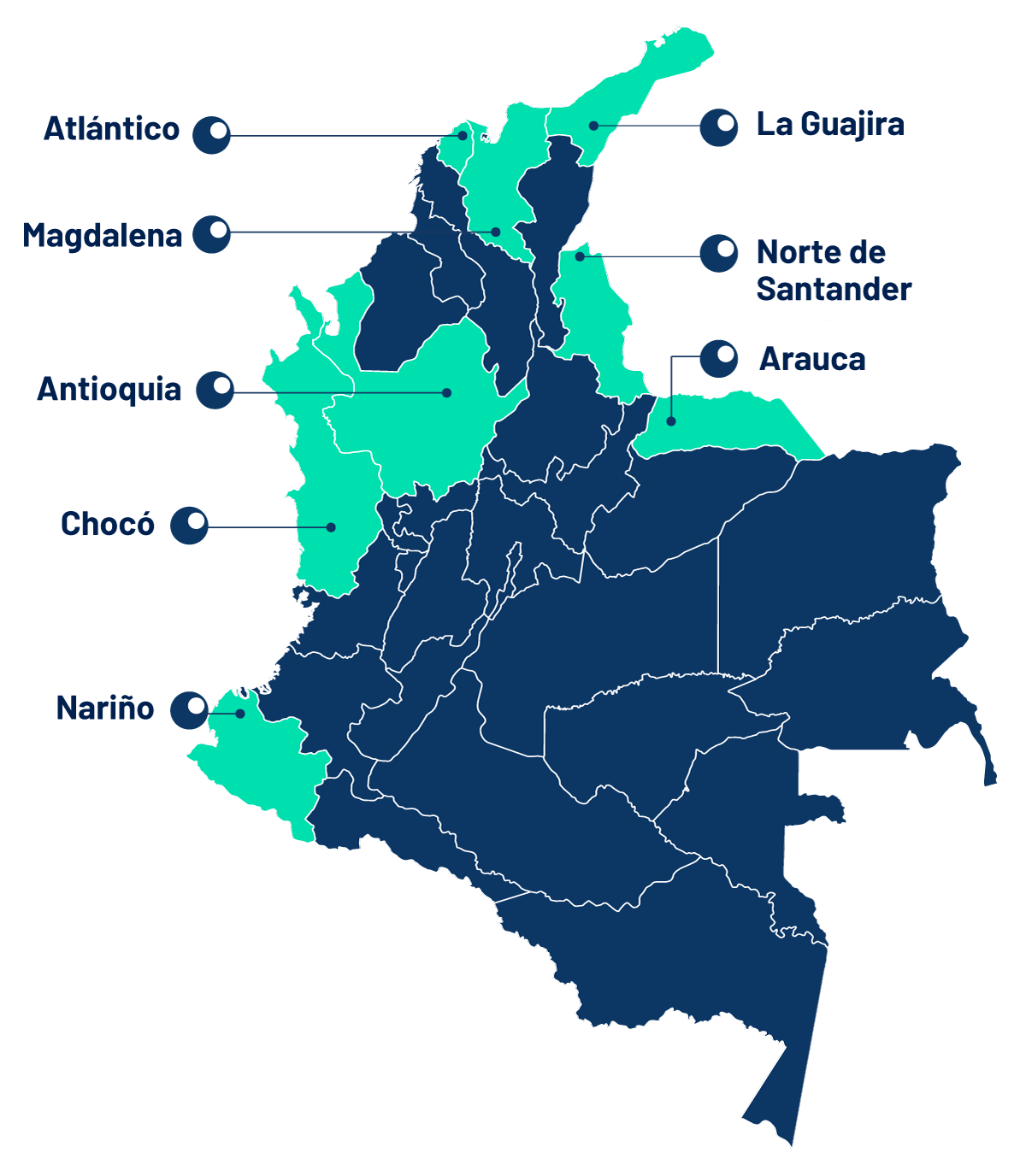
3iS regional presence
Since 2018, the national government has requested support and technical cooperation from the United Nations System in Colombia, with the aim of joining forces to address the emergency caused by the mixed migration flow of the Venezuelan population. UNICEF’s support has focused on an annual Response Plan (HAC).
At the same time, the current challenges posed by multiple emergencies (armed conflict and natural disasters) highlight the need for a comprehensive HAC that responds to the specific needs of the territory. In developing and implementing this plan, UNICEF has identified the need to consolidate, use, and analyze information to plan and report on actions, strengthen national and regional coordination mechanisms, and transfer methodologies and tools to the actors involved.
In this regard, 3iSolution has been supporting the country office to strengthen its information management and handling processes, achieving more timely and quality information products for its response plan, positioning priority issues regarding the situation of children and adolescents at the national and territorial levels, and optimizing processes for reporting on the humanitarian response of UNICEF and its implementing partners.
Strategic Lines
Strengthening UNICEF-led coordination mechanisms for emergency response
Analysis and use of information for planning and reporting on UNICEF humanitarian actions
Transfer of methodologies and tools for information management and handling

Bienvenidos
El proyecto “Mapeo en asentamientos humanos y condiciones WASH en los departamentos de Atlántico y la Guajira” identificó necesidades de agua y saneamiento en asentamientos informales y en entornos de protección tales como instituciones educativas, centros de salud y centros de desarrollo infantil próximos a estos asentamientos, que son habitados por población afectada por flujos migratorios. El proyecto fue ejecutado entre junio de 2022 y marzo de 2023, por el Fondo de Naciones Unidas para la Infancia y la Adolescencia UNICEF Colombia.
CONOCE MÁS SOBRE ESTE PROYECTO MAPEO DE ASENTAMIENTOS
